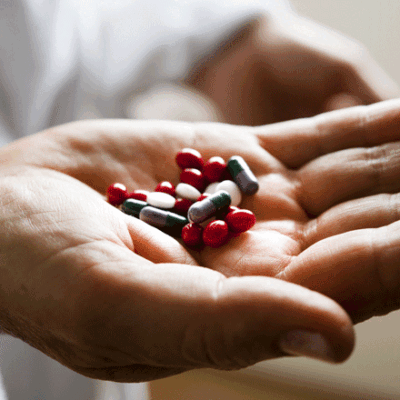Biopharmaceutical Indian Regulations and Guidelines
Biopharmaceutical Indian Regulations and Guidelines
In India, the regulation and guidelines for biopharmaceuticals are primarily governed by the Central Drugs Standard Control Organization (CDSCO) under the provisions of the Drugs and Cosmetics Act, 1940, and the Drugs and Cosmetics Rules, 1945. The CDSCO, which operates under the Ministry of Health and Family Welfare, is responsible for the approval, regulation, and quality control of pharmaceuticals, including biopharmaceuticals. Here’s an overview of the regulations and guidelines specific to biopharmaceuticals in India:
- Regulatory Framework:
- The CDSCO classifies biopharmaceuticals as “biologicals” and applies specific regulatory requirements for their development, approval, and post-approval activities.
- The Drugs and Cosmetics Act and Rules provide the legal framework for regulation and govern aspects such as licensing, import/export, clinical trials, labeling, and manufacturing of biopharmaceuticals.
- Regulatory Approvals and Applications:
- Approval Pathway: Biopharmaceuticals in India typically follow a similar approval pathway as other pharmaceuticals, including the submission of an application to the CDSCO for market authorization.
- Guidelines for Biologicals: The CDSCO has issued specific guidelines for the development, evaluation, and approval of biologicals, including biopharmaceuticals. These guidelines provide detailed information on various aspects such as data requirements, non-clinical and clinical studies, manufacturing, quality control, and post-approval commitments.
- Clinical Trials:
- Investigational New Drug (IND) Application: Before conducting clinical trials for a biopharmaceutical in India, an IND application needs to be submitted to the CDSCO, providing detailed information on the drug, preclinical data, and proposed clinical trial protocols.
- Clinical Trial Approval: The CDSCO reviews the IND application and clinical trial protocols to assess the safety, efficacy, and ethical aspects of the proposed clinical trials.
- Manufacturing and Quality Control:
- Good Manufacturing Practices (GMP): Biopharmaceutical manufacturing facilities in India are required to comply with GMP regulations to ensure the quality, safety, and consistency of the products.
- Quality Control: Robust quality control measures are mandated to ensure batch-to-batch consistency, testing, and release of biopharmaceutical products.
- Biosimilars: India has specific guidelines for the development, evaluation, and approval of biosimilars, which include comparative analytical studies, non-clinical studies, and comparative clinical trials to demonstrate similarity to the reference product.
- Pharmacovigilance and Post-Marketing Surveillance:
- Pharmacovigilance: Biopharmaceutical manufacturers are required to establish pharmacovigilance systems to monitor and report adverse events and product safety information.
- Post-Marketing Commitments: The CDSCO may require post-marketing commitments, such as additional studies, safety monitoring, or risk management plans, to ensure ongoing safety and efficacy evaluation of biopharmaceuticals.
It’s important to note that the specific guidelines and regulations for biopharmaceuticals in India may evolve over time. Biopharmaceutical developers and manufacturers should consult the latest guidelines and engage with the CDSCO to ensure compliance with the most up-to-date requirements and regulations for biopharmaceutical development, approval, and post-marketing activities in India.
You may be interested in the programs below:

